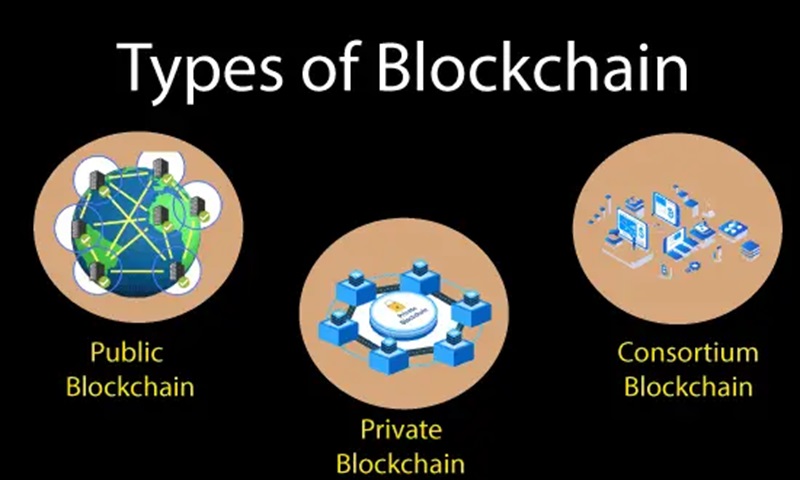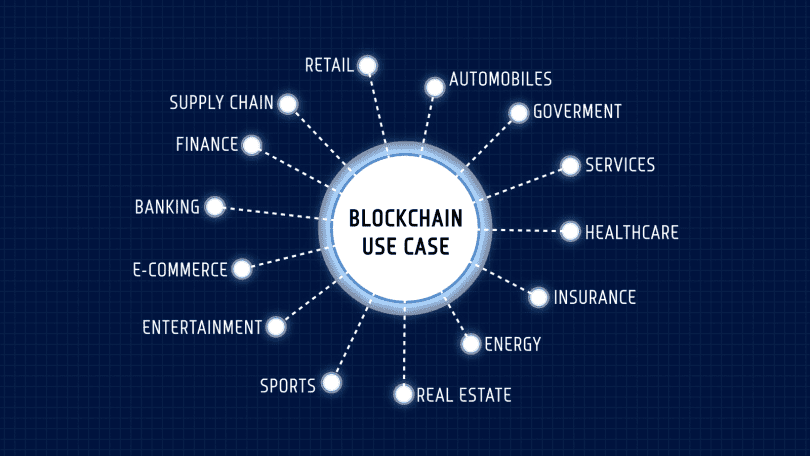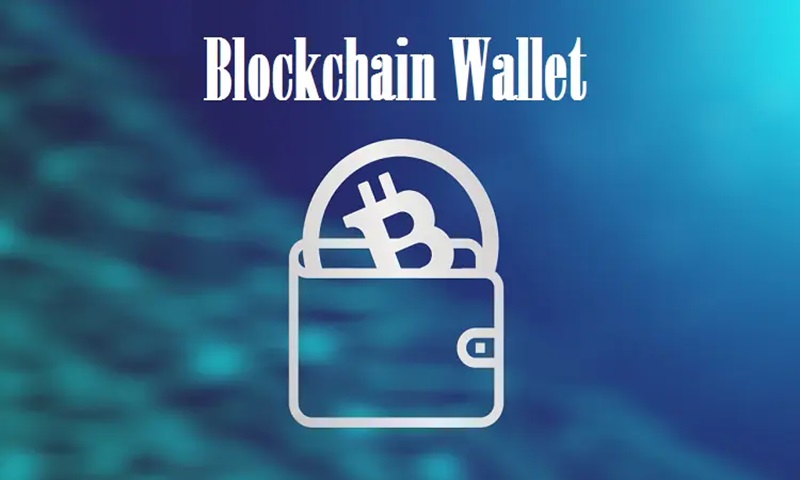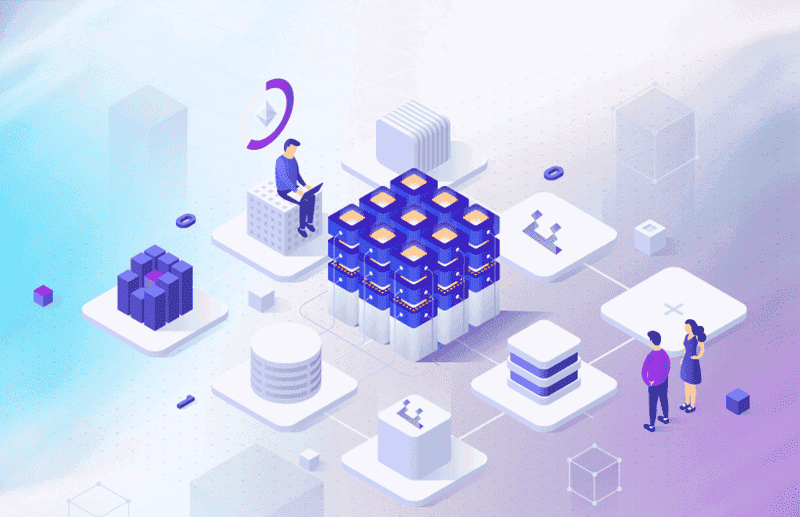Imagine a classroom where every grade, diploma, and certificate is safe and sound, forever. That’s the impact of blockchain on education. This digital leap could change how we learn. No more lost records. Say hello to quick checks on any course you’ve ever taken. It’s not just safer; it’s smarter too. We’re looking at a world where your achievements are yours to keep and share—no fuss, no muss. Ready to dive into how blockchain will rewrite the rules of our classrooms and beyond? Let’s unlock this revolutionary potential together.
Transforming Academic Accreditation with Blockchain
Ensuring Educational Record Verification
Can blockchain technology keep student records safe? Yes, it can. Here’s how. It creates a secure place to store important information. Each student’s achievements stay safe and untouched. This is huge. It means no one can fake their grades. Employers and schools can trust the records they see. It helps students prove their hard work. They can share their grades with anyone, anywhere. This is all thanks to blockchain’s power.
We call this system ‘educational record verification’. It uses blockchain to check if school records are real. You might have heard of this tech in Bitcoin stories. But it’s not just for money – it’s a clever way to keep all kinds of data safe. Imagine a chain where each link is a piece of info. Once a link is in place, it can’t be changed or removed. That’s how blockchain looks after student records.
Standardizing Secure Student Records
Now, what if all schools used blockchain? Records would look the same everywhere. This is about ‘standardizing’. It makes life easier for students moving from one place to another. Standardizing helps people trust what they see. It means a grade from far away is just as good as one from next door.
Blockchain keeps each student’s info in a safe digital ‘wallet’. This wallet is like a backpack. It holds everything you’ve learned and done at school. And with blockchain, nobody can steal or change what’s inside. It’s yours forever. So next time you do a big project or pass a tough test, blockchain will make sure it counts.
To wrap it up, blockchain can truly change schools for the better. It locks in the value of hard work. It makes sharing success easy and safe. Blockchain could be the key to a smarter, fairer education system for everyone.
Fostering Decentralized Learning through Digital Ledgers
The Role of Immutable Transcripts in Education
Do you know what an immutable transcript is? It’s a report card no one can mess with, thanks to blockchain. This means your hard work stays safe forever! Blockchain makes these unchangeable records. This keeps everyone honest about your grades and courses.
Blockchain stores information in blocks. Each block links to the one before it. Imagine a chain where each link holds a class you took or a project you did. No link can break or change once it’s in place. This is how blockchain keeps your school records safe.
Educators love this! They can quickly share your achievements with others. Plus, schools and businesses trust these records, so they know exactly what you’ve learned. Say goodbye to lost papers or changed grades. With blockchain, your transcript is like a super-secure vault that shows off everything you’ve accomplished.
Smart Contracts as a Tool for Educators
Now, what are smart contracts? Imagine a set of rules that run on their own once conditions are right. Teachers use them to make things happen without extra work. When a student finishes a task, the smart contract can give them a digital badge automatically.
Smart contracts live on the blockchain. They do what they say they will do — and nobody can stop them. This is great for teachers because it saves time. Also, it’s clear for students what they need to do to earn rewards or complete courses.
Each step in a class, like turning in homework or taking tests, can connect to a smart contract. Finish the step, and the smart contract reacts. It could grade your work, give points, or unlock the next lesson. It’s like having a robot helper for your teacher that always follows the rules.
These contracts make sure everyone knows what to expect. There’s no confusion since the rules are clear from the start. Plus, it’s fair — the smart contract treats everyone the same.
Blockchain in education isn’t just about safer records. It’s about making school smoother for both students and teachers. It’s like a friend who helps keep track of the rules and protects your hard-earned success. With blockchain, the classroom becomes a place where every student gets a fair shake and educators can focus on teaching, not chasing paperwork.
Advancing Transparent Credentialing with Blockchain Technology
Implementing Blockchain-based Certification Systems
Imagine a world where your school degrees can’t be lost or faked. Sounds good, right? This is what blockchain does for us. It’s a tech that keeps your grades safe forever. With blockchain, schools can offer digital certificates. These certs are almost like magic. They stay the same and everyone can trust them. How cool is that?
If someone asks, “What is blockchain technology in academic institutions?” The answer is simple. It’s a safe place to keep your important school stuff. Like report cards you can’t lose or change. Schools and jobs need to see your true skills. Blockchain helps with that by keeping your school records honest.
Now, think about this. You do a course online. How can you show you really finished it? With blockchain, your finished work gets a special code. This code is a proof no one can argue with. It shows you did the work. This is blockchain-based certification. It’s a new way to show what you know.
Schools everywhere are starting to use this. They know it helps students and teachers. It also makes sure no one can cheat. This means only those who work hard get rewards. Isn’t that fair? We all want to see our hard work pay off.
Leveraging Ledger Tech for Enhancing Academic Integrity
Now let’s talk about making sure everyone plays by the rules. We use ledger tech for this. A ledger is like a special book that keeps all records. It’s online and very secure. This helps schools make sure that what you learn and do is recorded right and stays safe. Academic integrity means being honest in school. It’s a big deal because it’s about trust.
When we use ledger tech in schools, it stops people from cheating. It’s like having a guard that watches over your grades. This guard makes sure they can’t be changed by anyone who shouldn’t. This helps everyone believe that the grades we see are real.
Sometimes you learn not just from teachers but from each other. This is peer-to-peer learning. It’s when you learn by talking to friends and helping each other. With blockchain, you can show the learning you do with friends is real too. This is peer-to-peer learning verification. It’s a smart way to make sure what we learn together still counts.
So, why is blockchain good for school? It reduces costs for keeping records. It makes everything clear and open. You don’t need a middleman. Everyone has a copy of the records. This way, no single person can control it all. It gives power to the students and teachers. This creates blockchain-enabled learning ecosystems. It’s a shared space for everyone to learn and grow. It’s the future of school!
In the end, blockchain makes everything in school clear and true. It helps with keeping everything straight without mistakes. It also helps us trust what we see in school records. That’s huge! It could change schools in ways we haven’t even thought of yet. We’re just starting to unlock all the good that blockchain can do for education.
Building the Future of Education with Blockchain Integration
Streamlining School Administration with Decentralized Solutions
Imagine schools running smooth as silk. Picture needing less time on papers and more on teaching. With blockchain, this is not a far-off dream. What is blockchain in simple words? It’s like a digital record-keeping book that is safe and can’t be messed with. Now let’s think about school tasks – grades, reports, student info, and so much more. All these can live on a blockchain. Say goodbye to stacks of paper and lost documents. Everything lives safely on blockchain. Schools can share info quick and easy with no mix-ups. This is the magic of secure student records blockchain.
By cutting out middlemen, stuff gets done faster. This happens due to decentralized education platforms. They remove the need for lots of checks. So, you get things done in a snap. Schools save cash and time with blockchain. They can spend this on better things for kids.
What about safety for all these school records? Educational record verification is super key for trust. With blockchain, checking if a record is real is easy peasy. This is what we call immutable transcripts – records that can’t be changed or faked. Parents, students, and teachers can trust the system. No one can pull a fast one. Using blockchain for educational data makes sure our kids’ info is locked up tight.
The Impact of Blockchain on Higher Education and Lifelong Learning
Now, let’s talk about grown-ups learning at colleges or at home. Blockchain is shaking things up in higher education too. It’s all about learning for life and making it count. Blockchain in online education offers a clear view of a person’s learning history. Like a forever report card that never gets lost and anyone in the world can see if they need to.
Blockchain lets learners show off their skills no matter where they studied. Employers can see what you know fast and clear. This is blockchain’s role in higher education. It makes learning and proving your skills a breeze for everyone, anywhere. That’s a big win!
And what about keeping that learning spark alive? Lifelong learning blockchain is a game-changer. It’s like a treasure chest that keeps growing as you learn more. With blockchain, people can learn from each other and check each other’s work too. That’s peer-to-peer learning verification. It’s like when kids swap toys, but for learning.
So, why should we care? Because education is not just about K-12. It’s a forever journey. Blockchain helps us keep up, easy and fair. This tech is not just cool; it changes lifes. It makes sure learning is a path anyone can walk their whole life. And that’s a path worth building. Blockchain is not just for techies. It’s for everyone who believes in the power of learning. It’s the future, and honestly, it’s super exciting to be part of this change.
We’ve looked at how blockchain can change schools for the better. From making sure that grades and courses are true and can’t be messed with, to keeping student info safe. This tech helps schools and students trust each other more.
We saw that blockchains can keep transcripts safe forever. This means no one can change them once they’re saved. Plus, smart contracts help teachers do their jobs better without extra hassle.
Then, we talked about how this tech makes getting certificates clearer and fairer. Schools can use blockchains to make sure no one cheats or lies about their learning.
Lastly, we explored how this will shake up learning from now on. Things like signing up for classes and getting grades could get a lot easier. And it’s not just for young students—it affects grown-ups learning new skills too.
In short, blockchain can make learning and teaching better for everyone. It keeps things honest and simple. This is big news for our future, and I can’t wait to see where it leads us!
Q&A :
How is Blockchain Technology Influencing the Education Sector?
Blockchain is beginning to forge significant changes in the education sector by enhancing the security and transparency of academic records, creating new forms of educational content delivery, and enabling more seamless verification of academic credentials. By providing a decentralized ledger, blockchain can ensure that educational records are tamper-proof and easily transferable, opening up opportunities for global education recognition and potential job mobility.
What Benefits Does Blockchain Offer to Students and Educators?
Blockchain offers numerous benefits to both students and educators. For students, it provides a more robust way to verify qualifications and share academic achievements with employers or other institutions. It also enables learners to have more control over their educational data. Educators can benefit from streamlined administrative processes, reduced fraudulent claiming of credentials, and the facilitation of innovative teaching methods, such as micro-credentialing and personalized learning pathways.
Can Blockchain Improve Online Learning and Certification?
Yes, blockchain has the potential to significantly improve online learning and certification. By utilizing blockchain’s encryption and digital verification processes, online learning platforms can ensure that educational credentials are secure and unforgeable. This enhances the credibility of online courses and certifications, making them more acceptable in the professional world. Moreover, it could foster the development of lifelong learning platforms that collate all educational achievements in a single, easily accessible record.
Will Blockchain Technology Affect the Cost of Education?
Implementing blockchain in education could impact costs in various ways. While initial setup and adoption may require substantial investment, over time, blockchain can reduce administrative costs associated with verifying academic credentials and maintaining records. It also has the potential to lower transaction costs for the payment of tuition and other services. Furthermore, with a more competitive market for micro-credentials and alternative learning paths supported by blockchain, the cost of education could become more affordable.
What Are the Challenges of Integrating Blockchain in Education?
Despite its benefits, integrating blockchain into the education sector is not without challenges. Issues such as the digital divide, scalability, data privacy, and interoperability with existing systems need to be addressed. Educational institutions also face regulatory and cultural barriers to blockchain adoption, including resistance to change and questions about governance of decentralized systems. Additionally, there is a need for professional development to equip educators and administrators with the skills to utilize blockchain technology effectively.





RELATED POSTS
Comedian Airdrop – Token BAN Leads the Memecoin Trend
In the world of memecoins,...
Comparative DAG vs Blockchain: Decoding the Future of Tech Networks
Compare the Structural Differences: DAG...
Cryptocurrency Payments: Unleash the Future of Seamless Transactions
Integrate cryptocurrency payments securely. Ensure...
What is Stacking in Crypto and Why It Matters
"What is stacking in crypto?...
Blockchain Revolution: Transforming Student Data Management Trends
Improving Student Data Management with...
Blockchain Breakthrough: Revolutionizing Education for a Brighter Future
Unlocking Educational Potential: Explore the...
What is Bitcoin Lightning Network? Revolutionizing Crypto Transactions
What is Bitcoin Lightning Network?...
How does blockchain improve efficiency?
How does blockchain improve efficiency?...
Regulations for Blockchain in the Future: Navigating the Uncharted Waters
Understanding the Future: Regulations for...
Custodial Wallet Crypto: What’s the Real Deal Behind Your Digital Vault?
"Enhance Crypto Security with Custodial...
Top 3 Secrets behind Bitcoin Peak that you must know
The rise and fall of...
Stuart Alderoty: His role at Ripple
Discover Stuart Alderoty, Chief Legal...
How does blockchain improve security: Enhancing Security in a Digital Age
How does blockchain improve security?...
Security Testing Providers for Blockchains: Who’s Guarding Your Digital Gold?
The Critical Role of Blockchain...
GRVT Airdrop – The 2 Most Important Expectations
The GRVT Airdrop offers a...
How is blockchain used in specific industries?
How is blockchain used in...